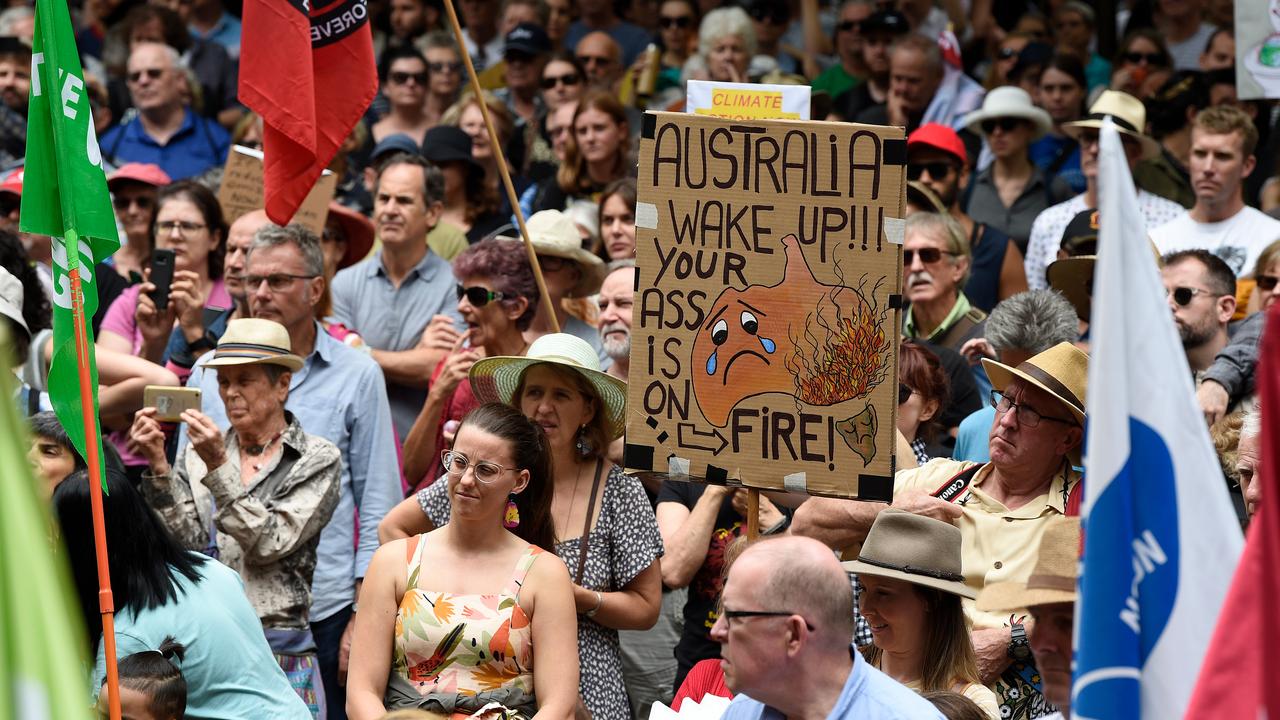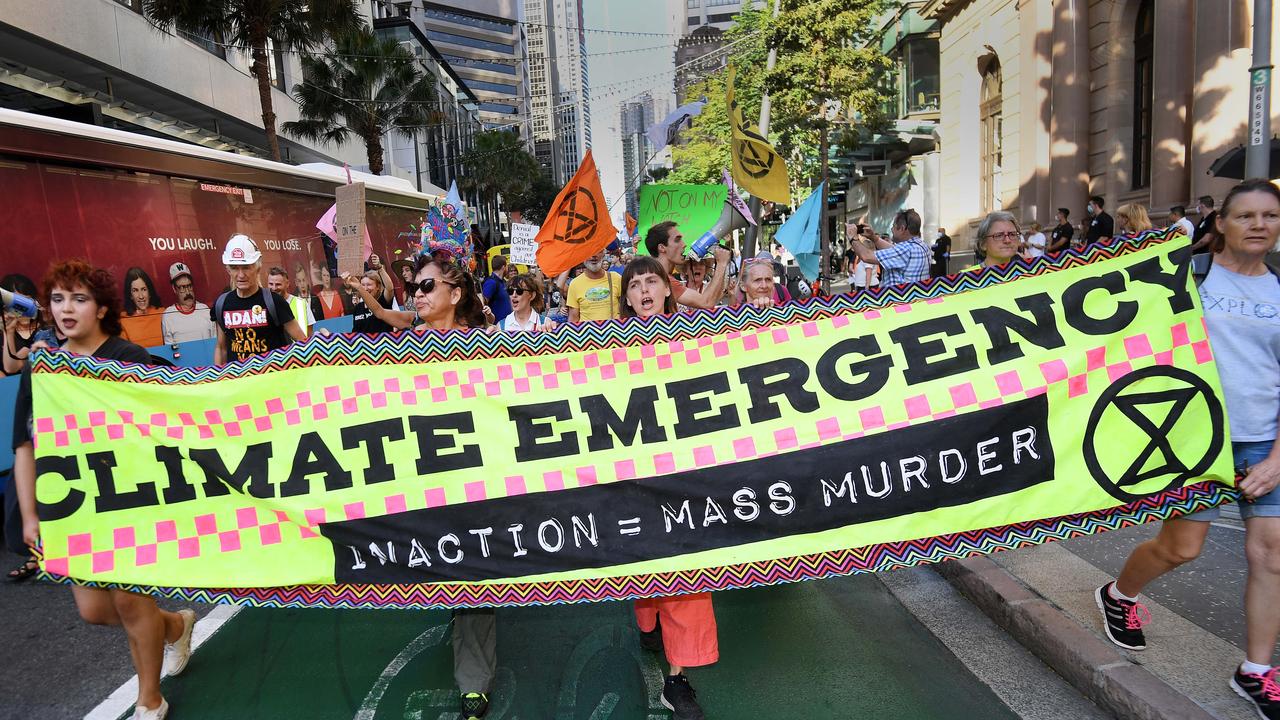Why many of the 80 per cent of Australians who think climate change is important didn’t vote for action
A new study shows 80 per cent of Australians support cutting greenhouse gas emissions – but many of them didn’t vote for climate action.
A new study has examined why 80 per cent of Australians support cutting greenhouse gas emissions but chose not to vote for a party that promised to ramp up action on climate change.
The May 2019 election was often touted as the “climate change election” partly because of the stark differences in policies for the two major parties.
Labor announced bold new promises for an emissions reduction target of 45 per cent on 2005 levels by 2030, and net zero by 2050. It also promised Australia would get half its power from renewables by 2030 and ruled out building new coal-fired power stations.
In contrast, the Coalition promised to maintain its target of 26 to 28 per cent below 2005 levels by 2030 and had no plans to phase out coal-fired power or stop the controversial Adani coal mine.
The election result, in which the Coalition was returned to power under the leadership of Scott Morrison, shocked many including those in the environment space.
Now researchers from the Australian National University have shed light into why Labor lost the election despite the strong support for climate action.
The researchers surveyed 2033 voters about two months after the 2019 election and confirmed there was wide support for climate action.
More than 80 per cent of those surveyed thought it was important to reduce greenhouse gas emissions. This includes close to 70 per cent of conservative voters (consisting of Liberal, National and Liberal-National Coalition parties).
RELATED: Ballot box issues that may decide people’s vote

There was also strong support for renewable energy with more than 85 per cent saying they saw it contributing at least half of the country’s future electricity supply.
Fears about intermittent supply do seem to be resonating though as only 30 per cent believe the electricity grid should be mostly powered by renewables, and about 10 per cent also see nuclear energy playing an important role in the future.
Despite the positive numbers, the more telling statistic is how important people think climate action is.
Climate was the most important issue for only 13 per cent of voters, although half said it did play a role in deciding their vote.
“This suggests that climate change was an important factor, but not the decisive factor for a large majority of voters,” the study, conducted by ANU researchers Rebecca Colvin and Frank Jotzo, said.
This aligns with other reports including from the Scanlon Foundation, which has consistently found economic issues top the list of Australians’ concerns by a wide margin.
The ANU researchers also found voters were “sharply divided” along party lines about how important climate change is.
About 73 per cent of progressive voters think action is extremely important while only 26 per cent of conservative voters agree.
“Our findings indicate that the vast majority of Australians support climate action but do not vote according to climate action as a priority,” their study states.
However, it’s not all bad news for those who want to see change.
Researchers believe that key implication of their findings is that Australian political leaders could pursue a climate action agenda knowing that the majority of the voting population is likely to broadly support it, regardless of which party is in power.
There is, however, one limitation: The willingness for voters to pay for these changes personally.
RELATED: Policies of the major parties explained ahead of 2019 election

About 40 per cent of conservative voters did not want to incur any cost, and 14 per cent of progressive voters were also unwilling to pay.
But the majority of voters (72 per cent) said they would be open to covering some costs.
Mostly they were open to a small cost, although this was not defined, with 60 per cent of progressive voters willing to pay a small price and 55 per cent of conservative voters thinking the same.
Only 26 per cent of progressive voters were willing to take on a significant personal cost and only 5 per cent of conservative voters.
While support for climate change action didn’t appear to differ significantly between states, the willingness to pay for change did.
Residents of Queensland were less inclined than residents of the ACT, Western Australia, and NSW to accept a personal cost.
Residents of the ACT were more inclined to accept a personal cost than residents of Victoria and South Australia, as well as residents of Queensland.
Queenslanders were also less likely to consider climate change in their voting decision compared to NSW residents.




